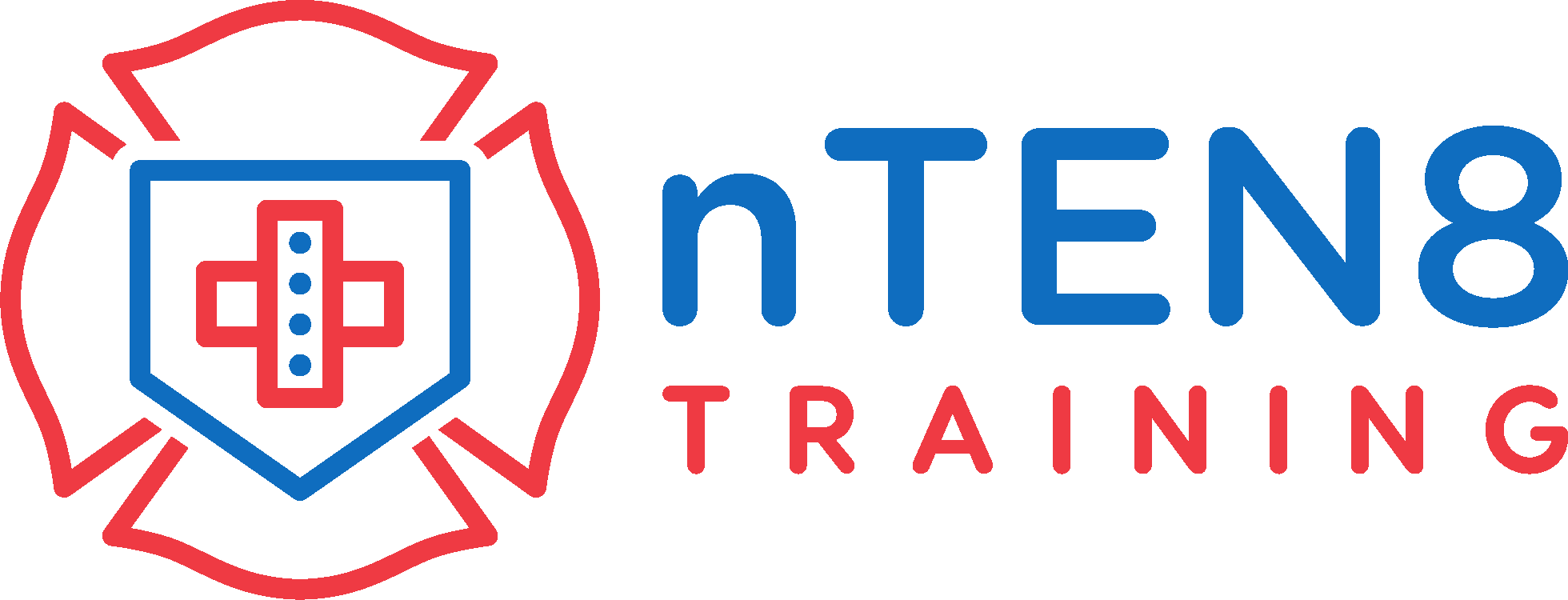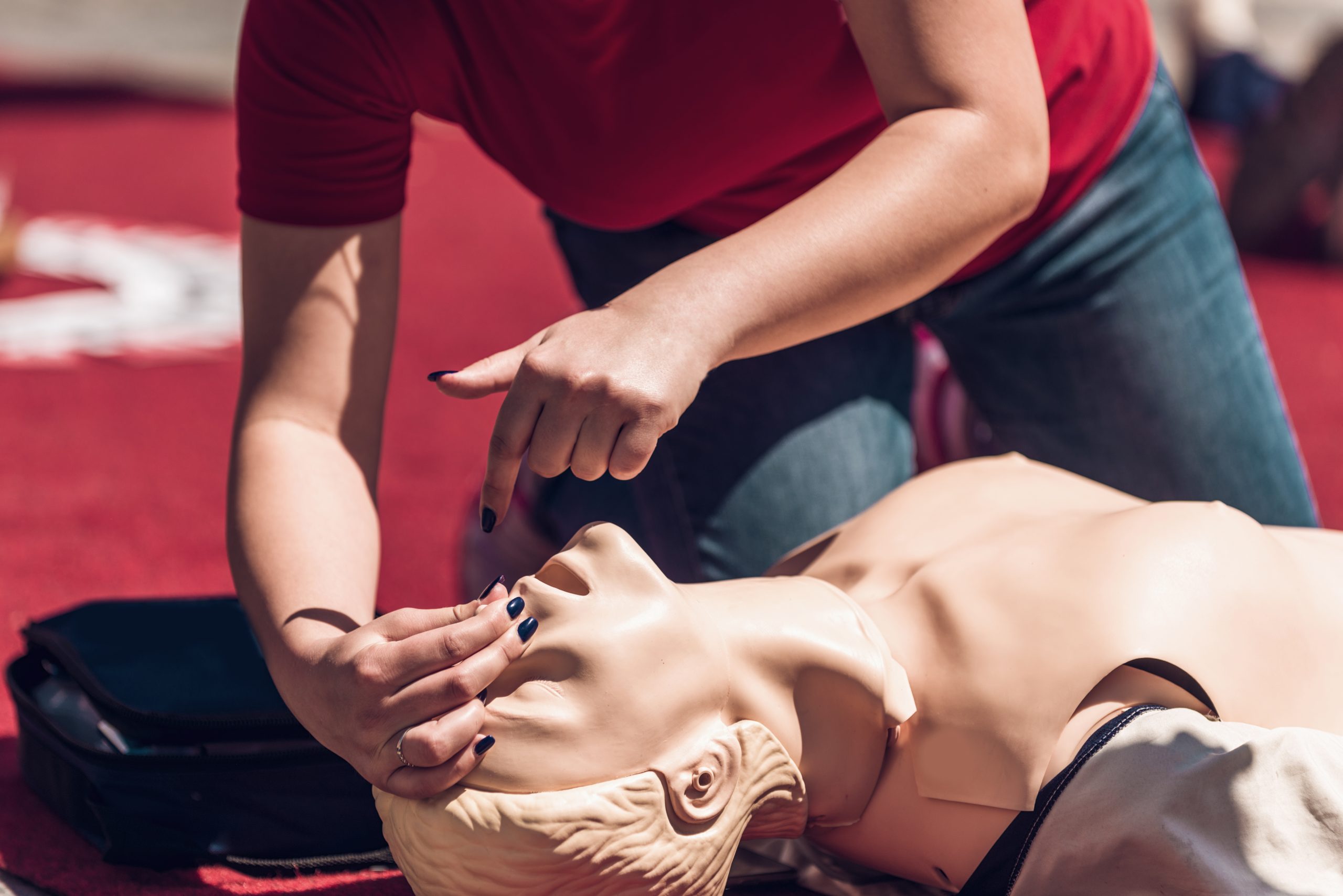Across classrooms, workplaces, and community centers, the journey of first aid training unfolds, weaving a tapestry of preparedness, empowerment, and resilience. As individuals embark on this transformative journey, they embark on a mission to not only acquire life-saving skills but also to become beacons of hope and support in times of crisis. From the basics of CPR to the complexities of trauma care, the impact of first aid training reverberates far beyond the confines of the classroom, touching lives and shaping communities for the better.
The Foundation of First Aid Education
- Foundational Knowledge: At the heart of first aid training lies a foundation of essential knowledge and skills. Participants learn to assess and respond to a wide range of medical emergencies, from minor injuries to life-threatening conditions, with confidence and competence.
- Hands-On Learning: Through hands-on simulations and practical exercises, learners gain valuable experience in applying first aid techniques in real-world scenarios. From bandaging wounds to immobilizing fractures, the emphasis is on building muscle memory and fostering critical thinking skills.
- Scenario-Based Training: Scenario-based training immerses participants in realistic emergency situations, challenging them to think on their feet and make split-second decisions under pressure. By simulating a variety of scenarios, trainers create a dynamic learning environment that prepares individuals for the unpredictable nature of emergencies.
- Continued Learning: First aid training is a journey of continuous learning and improvement. As new techniques and best practices emerge, participants are encouraged to stay updated through refresher courses, workshops, and ongoing professional development opportunities.
The Ripple Effect of First Aid Skills
- Community Engagement: Armed with first aid skills, individuals become active participants in their communities, ready to lend a helping hand in times of need. Whether it's administering CPR to a stranger on the street or providing first aid to a colleague in the workplace, their actions have a ripple effect that extends far beyond the initial act of assistance.
- Empowerment and Confidence: First aid training empowers individuals to take control of emergency situations with confidence and poise. By equipping them with the knowledge and skills needed to make a difference, it instills a sense of empowerment that transcends boundaries and empowers them to become agents of change in their communities.
- Building Resilience: In times of crisis, the true value of first aid training shines through. Communities with a strong foundation in first aid are better equipped to withstand and recover from emergencies, thanks to the collective efforts of trained individuals who step up to provide care and support when it matters most.
- Saving Lives, One Response at a Time: At its core, first aid training is about saving lives. Whether it's administering CPR to revive a cardiac arrest victim or stopping a severe bleed to prevent further harm, every response counts. By arming individuals with the skills and confidence to act decisively in emergencies, first aid training is a powerful force for good in the world.



